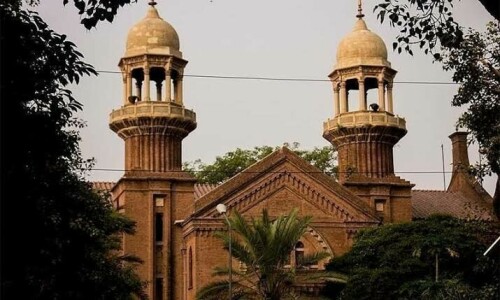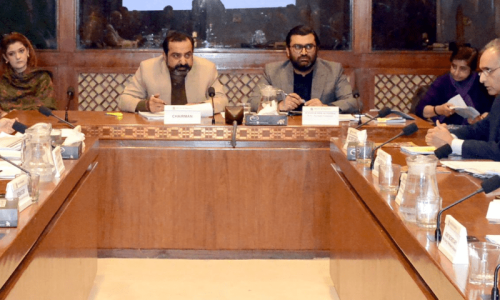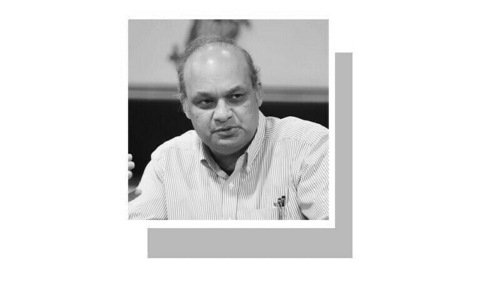THARPARKAR is an appropriate case study for examining the factors that lead some people to the desperate, final act of ending their lives. The district, according to a recently concluded five-year study on suicides in Sindh, topped the list with 79 cases. When the figure was disaggregated according to gender, the area also registered the most number of female suicides in the province, with 48 women ending their lives compared to 31 men. Recently, the Sindh Mental Health Authority, with financial assistance from the Thar Foundation and technical input from psychologists, the provincial health department etc, has launched a ‘psychiatric autopsy’ of the suicides that took place in the area from 2016 to 2020. The objective of the first-ever such exercise in Pakistan is to uncover the reasons why so many in the district chose to end their lives.
The figures cited above tell but part of the story: they denote only completed suicides registered with the district health office and police. They do not include attempted suicides, nor completed suicides that may not have been reported as such due to the stigma attached to this act. Moreover, the unfortunate fact that attempted suicide is criminalised in Pakistan, attracting one year’s imprisonment, naturally leads to cover-ups. Sadly, it also inhibits people from seeking the help they need to address their suicidal ideation. The report on the five-year study cited above pointed to mental illness, domestic problems and poverty as the main factors that drove people in Sindh to commit suicide. A number of mental health experts have also linked the troubling incidence to climate change and the consequently increased frequency of prolonged droughts in Tharparkar. The local economy in the desert area is heavily dependent on rainfall and erratic weather patterns are having an impact on livelihoods and pushing many deeper into poverty. Significantly, the segment of Thari society where most cases of suicide are found is in the lower-caste Hindu community. Women, possibly due to gender-related pressures in an oppressive society, are more likely to make attempts at committing suicide. The psychiatric autopsy should enable a more in-depth analysis of the events leading up to the suicides and the risk factors that contributed to them. Suicide must be decriminalised, and a more empathetic approach adopted to understand why some people turn their backs on what is a very human instinct for survival, and deliberately choose death over life.
Published in Dawn, June 14th, 2021








































